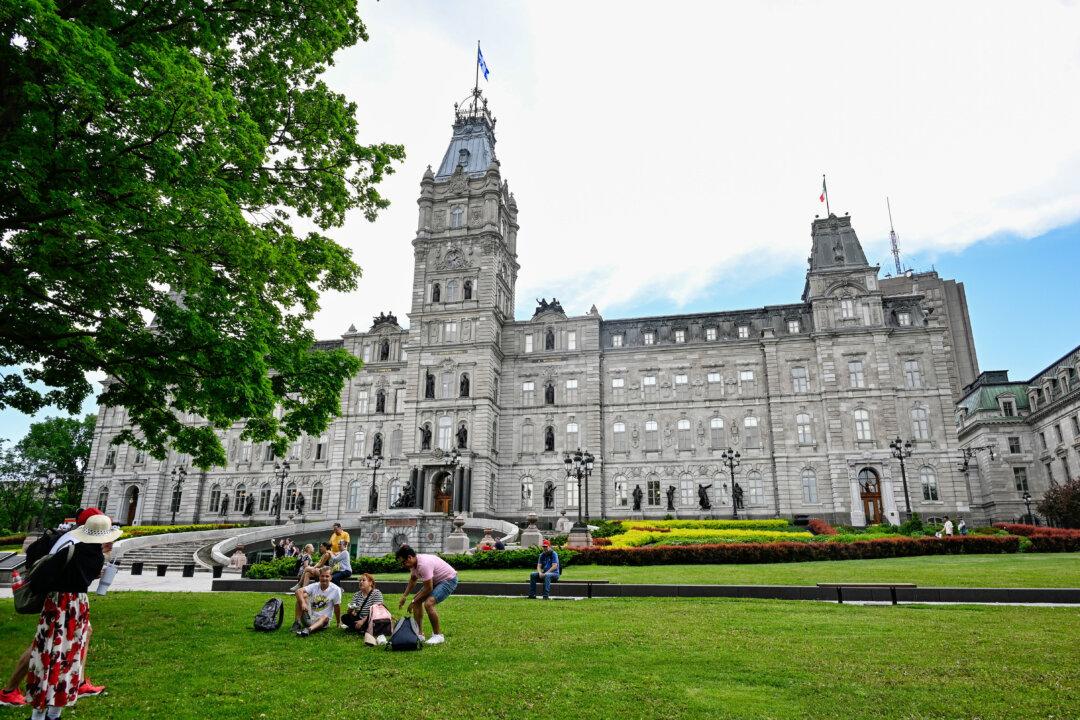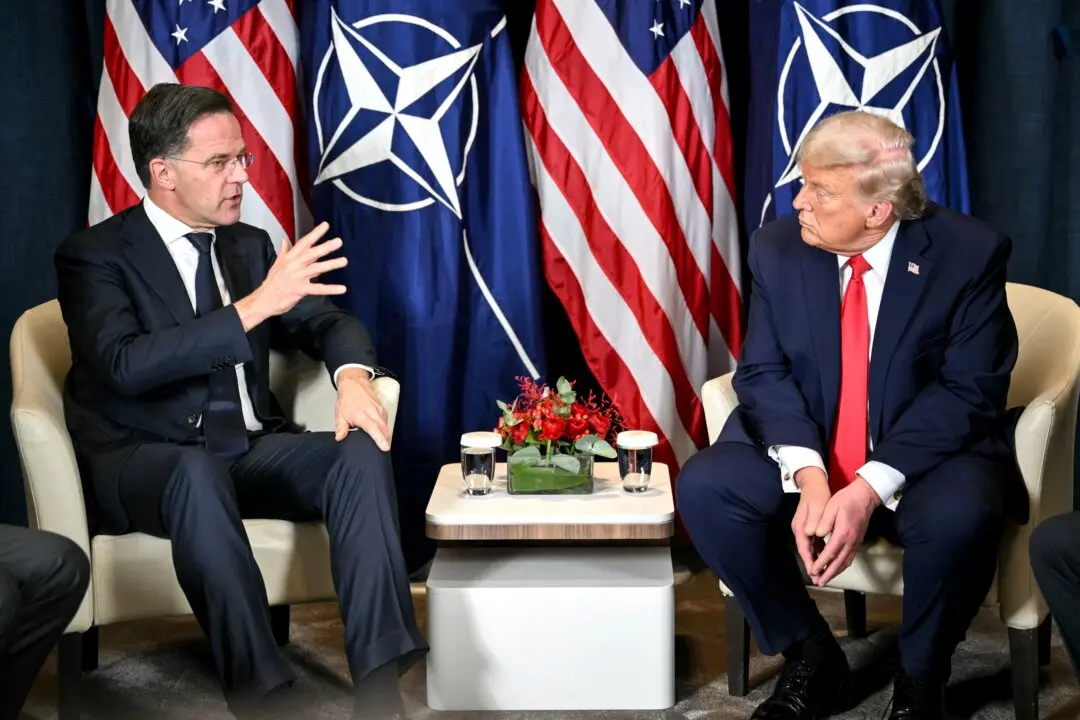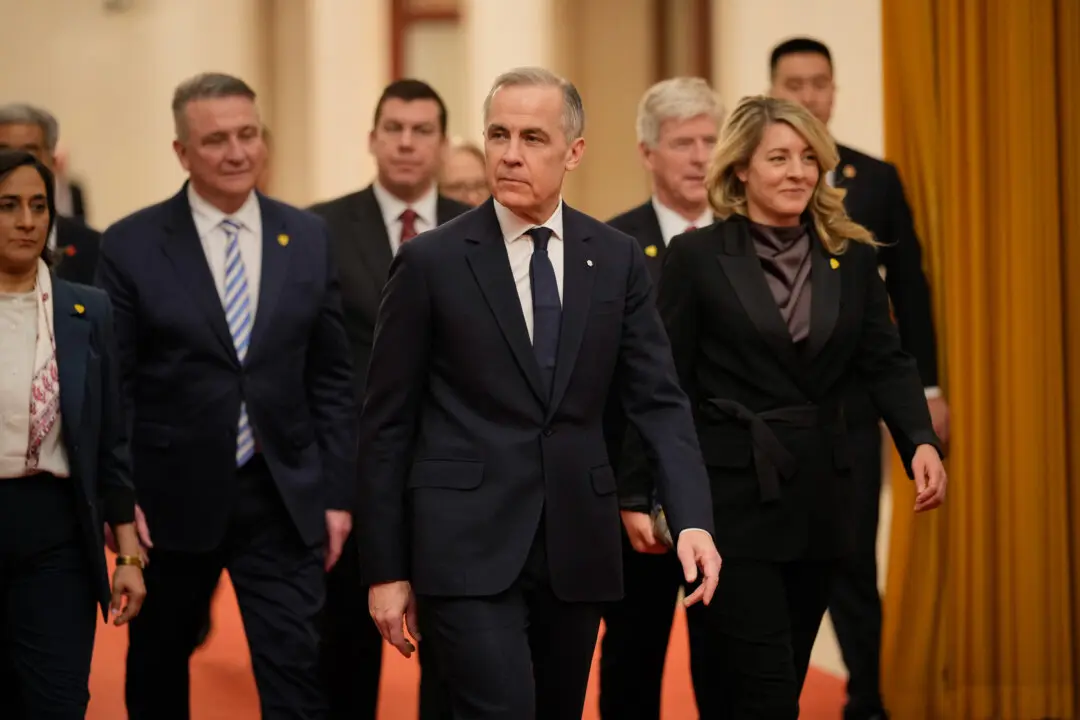Commentary
Last week’s threat by Bloc Québécois Leader Yves-François Blanchet to withdraw support from the government has attracted more publicity than it deserves. He declared that the Bloc would try to bring down the Liberal government in Parliament if it did not back the Bloc’s bills to increase pension benefits for those between 65 and 74 years old by 10 percent, and guarantee that the supply-managed farm sectors—dairy, poultry, and eggs—would be exempted from any future trade negotiations.





